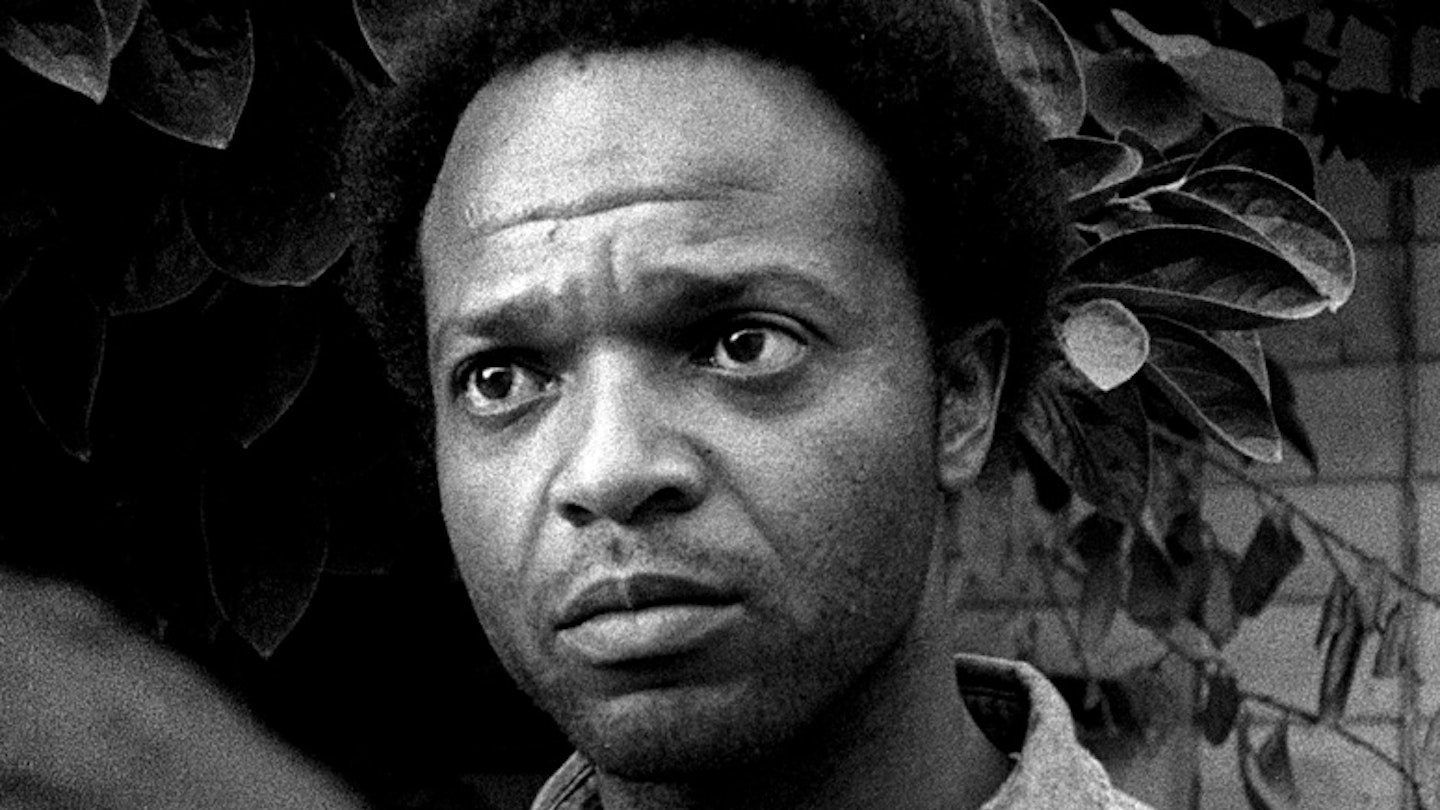Key filmmakers: Charles Burnett, Zeinabu irene Davis, Larry Clark, Ben Caldwell, Julie Dash, Billy Woodberry
Key dates: 1967-1991
What is it? While Empire’s alma mater produced Timmy Mallett, that bloke off Changing Rooms and 2011’s runner-up in The Great Guernsey Bake Off, UCLA’s honour role boasts an entire film movement. The big show-offs. In the late '60s, juiced up on the explosive momentum of the Civil Rights Movement and with LA’s Watts Riots still burning out, the uni turned out African-American filmmakers with things to say and a skilled way of saying them. Its greatest legacy, Charles Burnett’s poignant Killer Of Sheep, was the work of a few weekends and cost $10,000 (or one bajillionth of a Transformers 4), bringing a naturalistic depiction of family life and blue-collar labour in the suburbs of Watts. At the heart of it was Vietnam veteran Henry Gayle Sanders, quiet yet towering as abattoir worker Stan.
There were plenty of other potent dramas to come – Billy Woodberry’s Bless Their Little Hearts charted a struggling couple’s efforts to keep their marriage and family together – to broaden black America’s voices in cinema away from the blaxploitation flicks of the ‘70s and towards the Spike Lee / John Singleton-fuelled renaissance of the 1980s. “The blaxploitation directors were interested in themselves and in money,” Burnett told The Telegraph, “[but] we were always arguing about how to change the way Americans saw black people.” Music played a key role in their films, with jazzy and soul soundtracking its urban. Killer Of Sheep daringly mixed Etta James, Rachmaninov and Earth, Wind And Fire, while Passing Through was a bebop tour de force thanks to John Coltrane and Charlie Parker. The former didn’t find mainstream distribution due to issues over those musical rights, but was recently given a richly-deserved 35mm restoration.
What to watch: As Above, So Below (1973), Killer Of Sheep (1977) (pictured top), Passing Through (1977), Bless Their Little Hearts (1984), To Sleep With Anger (1990)
What did it influence? Killer Of Sheep’s impact on US indie cinema is profound (David Gordon Green even sent Burnett a copy of his debut feature George Washington to acknowledge influence). The movement as a whole was a vital springboard for African-American filmmakers to get up and running.
Trivia: Burnett submitted Killer Of Sheep as his UCLA thesis. We think he probably passed.
What to say: “Charles Burnett is the nation’s least-known great filmmaker and most gifted black director.” (The New York Times)
What not to say: “Baaa!”
